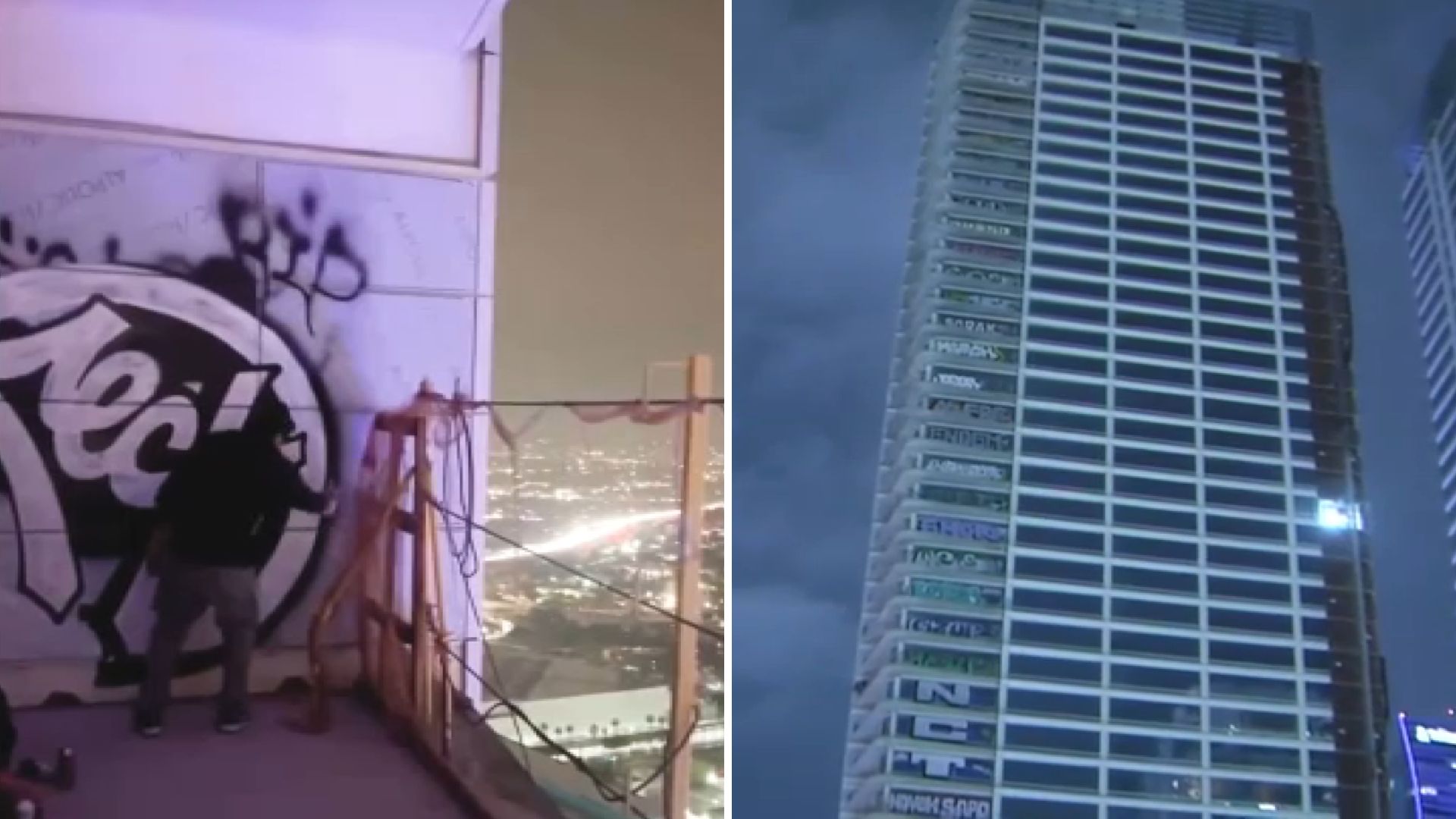Incoming phone calls answered by inmates within Los Angeles area jails are at the center of a wrongful death lawsuit filed against the Los Angeles County Sheriff’s Department, the agency that manages the county’s jails.
The family of Gerald Sakamoto says they made multiple phone calls to the jail, warning personnel that Sakamoto struggled with mental illness and was without his medication.
The lawsuit claims that that the deputy supervising the inmate operator who took Jane Sakamoto’s calls “flatly refused” to elevate the information to staff overseeing Sakamoto’s custody.
At 2 a.m. last July 29, Sakamoto was stopped by the California Highway Patrol for driving the wrong way on the Ventura Freeway.
The retired locksmith and grandfather was booked into a downtown Los Angeles jail for driving under the influence.
At 7:36 p.m. that same day, Sakamoto was released, on his own. He had no money, no phone, no transportation and was in an unfamiliar part of town.
Given his mental illness, his family believes he wandered the streets, lost and confused. Sakamoto’s daughter Mindy Sakamoto Brink says her father was “not the kind of person who would ask for food or water.”
News
Top news of the day
For three frantic days family and friends searched.
"I really did think we were going to find him," said Mindy, crying.
Sakamoto's naked body was found on top of a tractor in a city maintenance yard, less than half a mile from where he was released.
"I have been in love with him - and still love him - all our lives," said his widow, Jane. "I miss him terribly."
The lawsuit claims the department ignored multiple calls from Jane, begging them not to release her husband until family picked him up.
His wife had warned law enforcement that Sakamoto struggled with dementia and mental illness and that he was not drunk.
David Gammill, an attorney who represents the Sakamoto family, said it was an avoidable tragedy.
"When they arrest somebody, they have a duty to care for that person while they are in custody," he said. "They told her that he wouldn't be released without notifying her."
At the time, the sheriff’s department issued a statement saying that “Mr. Sakamoto was not identified as requiring special needs or assistance.”
The lawsuit claims dehydration and summer heat left Sakamoto's skin blackened and charred.
"He cooked to death," Gammill said. "It's (a) horrific death."
Jane's calls to the jail were routed to "inmate answering services."
Gammill said he thinks this was difference between life and death for Sakamoto because those calls should not be answered by inmates.
Although they declined an on-camera interview the sheriff's department confirmed inmates do answer calls, adding they are “trained” and “under supervision.”
“Inmate workers are trained and provided access to information available from the public website to those who inquire. All other requests, concerns, or complaints are referred to the appropriate LASD personnel for further disposition,” the statement read.
"The inmate did raise a concern to a deputy that was overseeing them," Gammill said. "They ignored the concern."
Gammill said this is the second deadly example of deputies mishandling the release of a mentally unstable detainee.
The body of Mitrice Richardson was found in Malibu in 2010 after she went missing nearly a year later after being released from LA County Sheriff's Department's custody in Calabasas.
The night she was detained her mother called the Lost Hills Sheriff’s station, asking, “Are you guys gonna book her and relaease her tonight? Because it’s dark. She doesn’t have a car and I don’t want her wandering.”
The case prompted the sheriff's department to begin a program that allows detainees to voluntarily stay in custody for up to 16 hours, until family can get them or arrangements can be made.
Sakamoto was given that option, and according to the department, “declined the accommodation.”
"His wife had repeatedly made it clear that he needed to be cared for," he said. "So the idea that they asked Mr. Sakamoto if he wanted to stay and declined the invitation, does not in any way alleviate their responsibility."
In her bedroom, Jane created a small shrine to her husband, an Asian tradition to honor the dead, "to let them know they weren't forgotten.
"He must know that anyways," she said.



